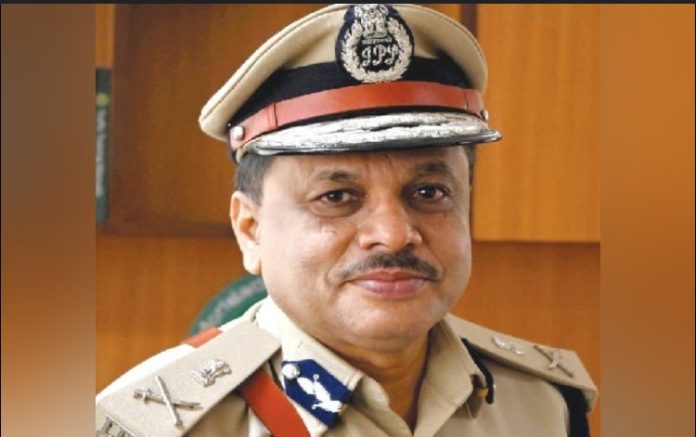– Mohammed Talha Siddi Bapa, Bhatkal, Karnataka
At a time when public trust in law enforcement is waning and leadership is often questioned, Karnataka finds in Dr. M.A. Saleem a rare kind of officer – one who blends intellect, compassion, and strategic vision. The newly appointed Director General and Inspector General of Police (DG&IGP) is not just a top cop; he is a reformer whose model of leadership redefines Indian policing.
Born on June 25, 1966, in a modest town near Bengaluru, Dr. Saleem’s early love for books and inquiry set the foundation for a distinguished career. After earning a Master’s degree in Commerce, he joined the Indian Police Service in 1993. He later pursued a Master’s in Police Management from Osmania University and completed a doctorate in Traffic Management from Bangalore University – an academic journey that reflects his commitment to both the science and service of policing.
Dr. Saleem’s field experience is extensive and impressive. From serving as Assistant Superintendent in Kalaburagi to leading the force as Commissioner in Mysuru and Deputy Commissioner (Law & Order) in Bengaluru, he has handled both urban chaos and rural complexity with poise. However, his tenure as Special Commissioner of Police (Traffic) in Bengaluru brought him widespread public recognition.
Nicknamed “One-Way Saleem,” he reconfigured over 120 city roads into one-way systems – a bold and effective move that dramatically reduced traffic snarls. He pioneered Intelligent Traffic Management Systems (ITMS), introduced real-time monitoring, and launched the acclaimed ‘Safe Routes to School’ programme, engaging communities in road safety.
Yet, Dr. Saleem is not just a system’s man – he is a principled public servant. As head of the Criminal Investigation Department (CID), he cut down pending cases from 830 to 360 and established new divisions to tackle cybercrime and financial fraud. His emphasis on data-driven policing and institutional accountability has helped rebuild public confidence in the force.
Behind the badge is a deeply thoughtful man. A voracious reader, Dr. Saleem spends hours with books on governance, psychology, and ethics. Grounded in values of justice and public service – principles shaped by both his upbringing and faith – he has authored a book on urban traffic and regularly writes columns on policing and civic responsibility.
His work has earned him numerous honours: the President’s Police Medals for Meritorious and Distinguished Service, the National Award for e-Governance, and the IRTE Prince Michael International Road Safety Award. In 2023, the Al-Ameen Lifetime Achievement Award recognised his contributions to civil administration.
While he remains private about his family, Dr. Saleem has spoken of how his father’s sense of fairness and his mother’s quiet strength shaped his worldview. He has often acknowledged how the ethical teachings of his faith continue to guide his leadership in moments of challenge and complexity.
To many young officers, he is more than a senior – he is a mentor who leads by example. Citizens, too, see in him a rare kind of public official: one who listens, adapts, and delivers. His leadership style is rooted not in control but in collaboration, placing emphasis on transparency, civic partnership, and trust.
In the final analysis, Dr. M.A. Saleem is not just Karnataka’s top cop – he is its reformer-in-chief. His journey from a small town to the highest echelons of police leadership serves as an inspiration for aspiring civil servants, policy thinkers, and changemakers. In both word and action, he reminds us: true leadership is not about commanding fear – it’s about inspiring trust.




